Health Benefits of Nut Butters

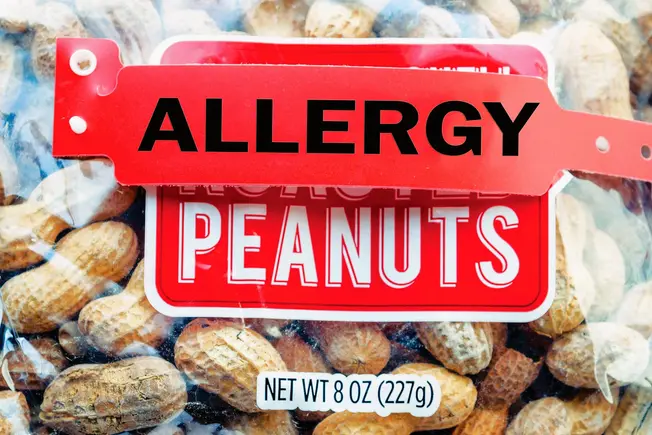
A Word of Caution
Food allergies affect 5% to 10% of people. Peanuts (which are legumes, like beans and peas), and tree nuts, like pecans and almonds, are common triggers. If you have a severe allergy, even something that has touched nuts can cause swelling, vomiting, and diarrhea. It could even inflame your throat and make it hard to breathe or talk. This is a potentially deadly condition called anaphylactic shock. Call 911 if you see these symptoms.

Weight Control
It’s true nuts have lots of fat, but that doesn’t mean you have to avoid them. The high protein and fiber keep you feeling full and energized. That could help you eat fewer calories and lose weight. And nuts may help your body burn more energy, even when you’re at rest. If you’re on a diet, you’re more likely to stick with it if you eat nuts. Just don’t overdo it.
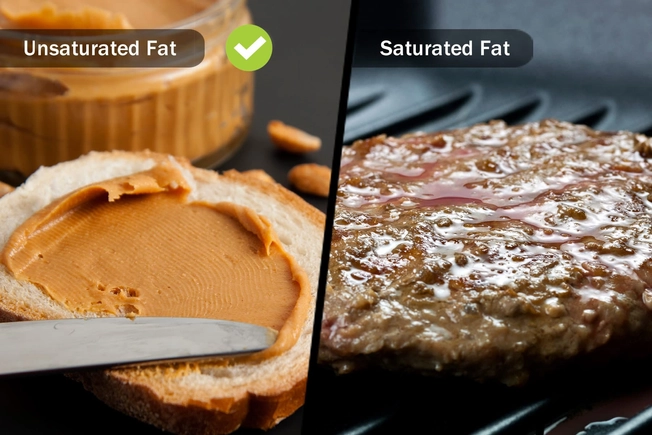
The Good Fat
Most of the fat in nuts is unsaturated, which is better for you than the saturated kind in meat or the trans fats in many processed foods. It may help stabilize your blood sugar and insulin, the hormone that regulates it.

Packed With Nutrients
It isn’t just the high protein, fiber, and healthy fats that are good for you. Nuts also have plenty of other nutrients like Vitamins E and B6, folate, niacin, magnesium, zinc, copper, and potassium. Just watch the ingredients on your brand of nut butter, peanut or otherwise. Some have added salt, sugar, preservatives, and unhealthy fats that could do more harm than good.
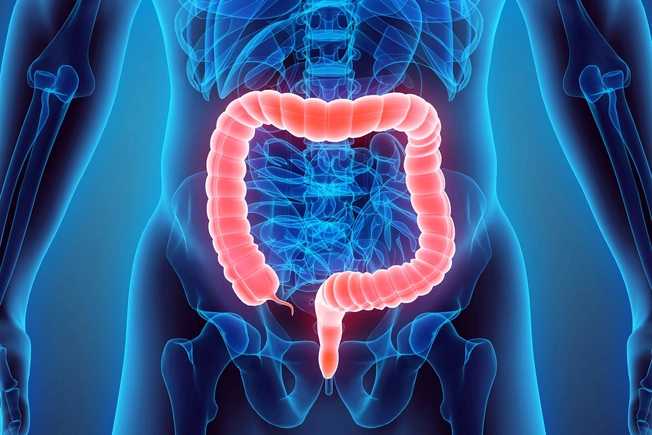
Antioxidants Aplenty
These include minerals like selenium and manganese, vitamins C and E, as well as flavonoids, phenols, polyphenols, and other substances. They work as a team to help protect your cells. And nuts are loaded with them. That could be part of the reason that people who eat more nuts and nut butters have healthier hearts. They may even help protect against colon cancer.
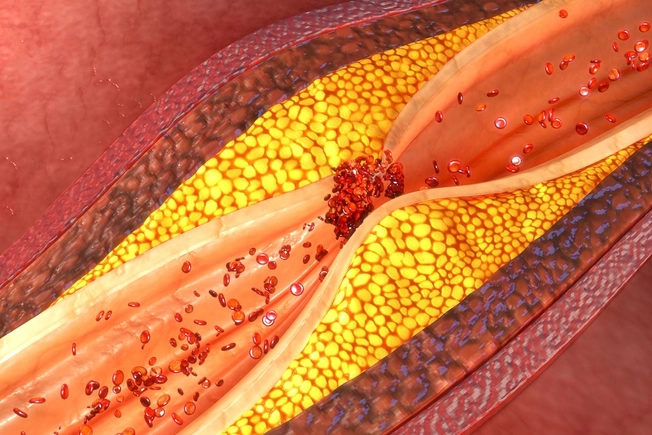
Keep Cholesterol in Check
Having too much cholesterol can harden your arteries and lead to stroke and heart disease. Almonds, walnuts, and other tree nuts seem to lower it when it gets too high. Your body makes most of your cholesterol, but you get some of it from the food you eat. Luckily, nuts have none of the stuff.

Prevent and Control Type 2 Diabetes
This is in part because they help control weight gain, as well as high levels of sugar (glucose) and fats (lipids) in your blood, which can lead to the disease. They may also keep the lining of your blood vessels (endothelium) stretchy and healthy, which prevents heart problems linked to diabetes.

Heart Disease
Also called cardiovascular disease, it happens when your blood vessels harden (your doctor will call this atherosclerosis). This can weaken your heart and lead to heart failure. It can also cause stroke, heart attack, or irregular heartbeats (a condition called arrhythmia). People who eat more nuts, or butters made from them, are less likely to get it. About 28 grams, or 2 tablespoons, two more times a week, seems to be enough to help.
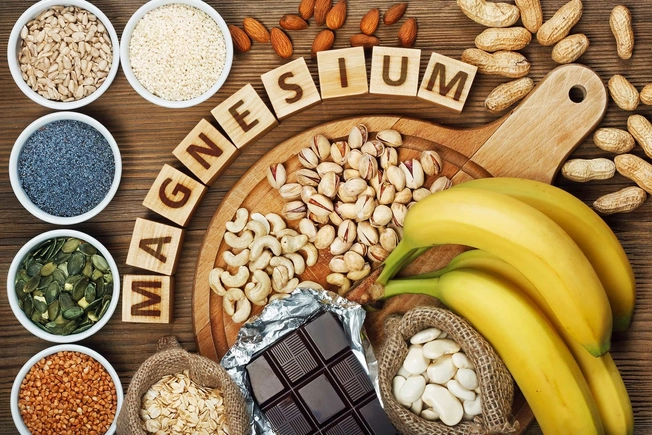
Magnesium
This mineral is good for your nerves, muscles, bones, blood sugar, blood pressure, and even your genetic material, or DNA. If you’re like many Americans, you may not get enough. Nuts like cashews, almonds, and peanuts, and the butters made from them, have lots of it.
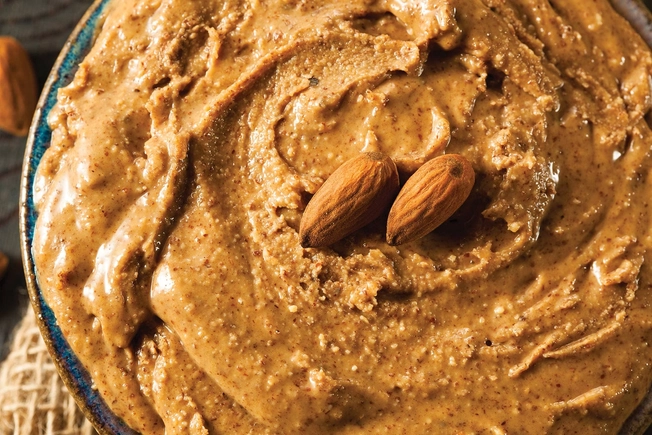
Almond Butter
It’s one of the more common types after the peanut version, and it’s a great source of vitamin B7, also called biotin. This nutrient is vital to help your body process the fat, sugar, and protein you eat. It also helps keep your blood sugar stable and your skin healthy.
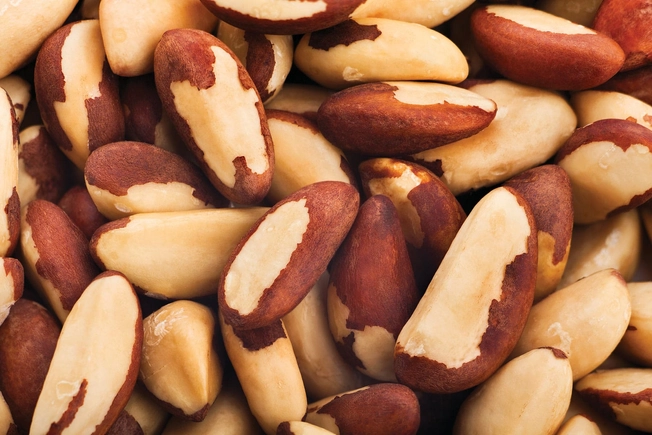
Brazil Nut Butter
These nuts are an excellent source of selenium, which keeps your thyroid gland running, helps your body make genetic material (DNA), and boosts your immune system. It also seems to protect your cells against damaging particles called free radicals. And people who get less selenium may be more likely to get certain types of cancer.
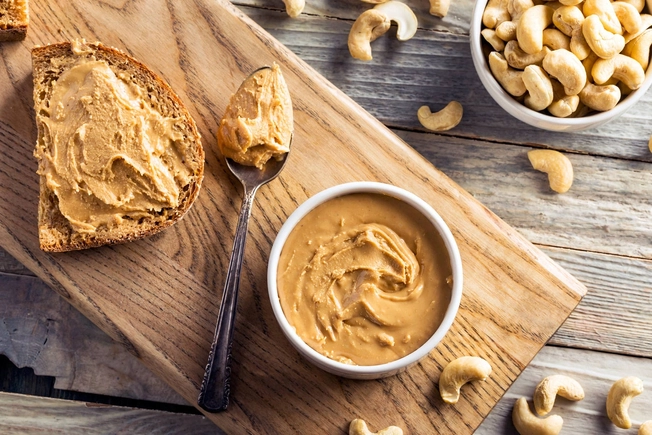
Cashew Butter
This one isn’t technically a nut, but the seed of a type of apple. The fruit itself is a highly prized delicacy in the coastal areas of Brazil where it grows. Whether you call it a nut or a seed, it’s a great source of copper, which your body needs to nourish tissues and blood, and produce energy. It may also have antioxidant properties that protect your cells against damage.
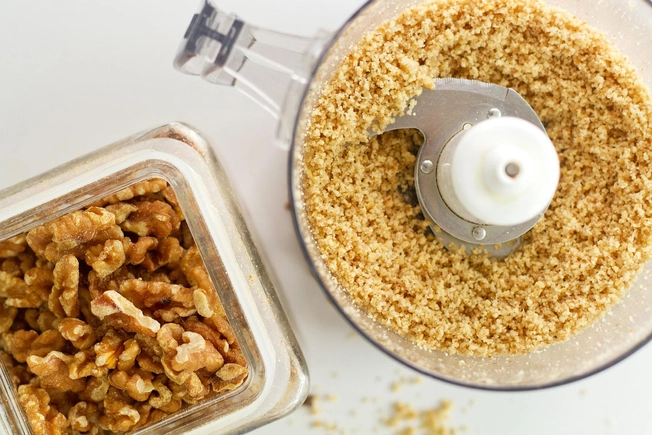
Walnut Butter
Walnuts are one of the best non-animal sources of heart-healthy omega-3 fatty acids. Specifically, they provide a type called alpha-linolenic acid (ALA), which acts as a building block for other types of omega-3s. The butter isn’t always easy to find in stores, but you can whip up a batch at home in a food processor.
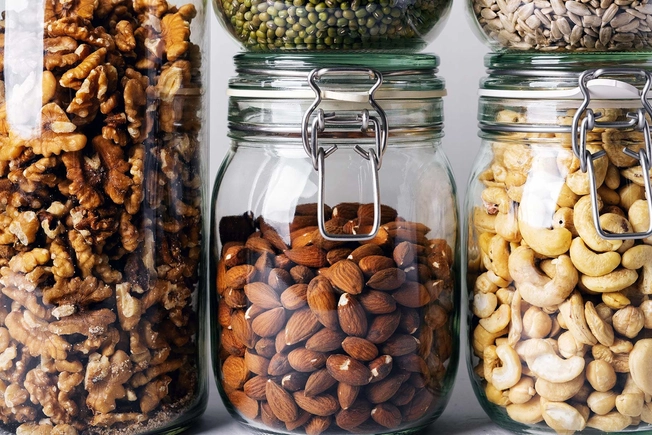
How to Avoid Mold
Nuts sometimes get mold that can transfer to the butters they make. One mold makes aflatoxin, which may be a cause of liver cancer. But the FDA has rules and tests that make this far less common. And it’s really more of a problem in warm, humid climates outside the U.S. But if you make nut butters, store nuts in a cool, dry place and toss any moldy, shriveled, or discolored ones. Storing nuts in the freezer can also help stop spoilage.
IMAGES PROVIDED BY:
1) Angela Schmidt / Thinkstock
2) Rostislav_Sedlacek / Thinkstock
3) Left to right: Gingagi / Thinkstock, Juanmonino / Thinkstock
4) JackF / Thinkstock
5) yodiyim / Thinkstock
6) 7activestudio / Thinkstock
7) Noppawan Laisuan / Thinkstock
8) sudok1 / Thinkstock
9) piotr_malczyk / Thinkstock
10) bhofack2 / Thinkstock
11) OLEKSANDR PEREPELYTSIA / Thinkstock
12) bhofack2 / Thinkstock
13) ginauf / Thinkstock
14) Yuliya Pinkasevich / Thinkstock
Sources:
American Heart Association: “What is Cardiovascular Disease?”
American College of Allergy, Asthma & Immunology: “Peanut Allergy.”
California Walnut Board: “California Walnut Butter.”
Cedars-Sinai.org: “Endothelial Function Testing.”
Colorado State University Food Source Information: “Nut Butters.”
Harvard School of Public Health: “Antioxidants: Beyond the Hype.”
Journal of Nutrition: “Impact of Peanuts and Tree Nuts on Body Weight and Healthy Weight Loss in Adults.”
Journal of the American College of Cardiology: “Nut Consumption and Risk of Cardiovascular Disease.”
The Peanut Institute: “Peanut Facts.”
Mayo Clinic: “Heart disease,” “Dietary fats: Know which types to choose.”
NIH, National Cancer Institute: “Aflatoxins.”
NIH, Office of Dietary Supplements: “Selenium,” “Biotin,” “Magnesium.”
PlosOne: “Effect of Tree Nuts on Glycemic Control in Diabetes: A Systematic Review and Meta-Analysis of Randomized Controlled Dietary Trials.”
The Accidental Scientist: The Science of Cooking: “Measurement Equivalents.”
Tufts University Health & Nutrition Letter: “Ask Tufts Experts: Do nut butters have the same nutritional value and health benefits as raw and roasted nuts?”
University of California Agriculture and Natural Resources: “Nuts: Safe Methods for Consumers to Handle, Store, and Enjoy.”
Whfoods.org: “Walnuts,” “Omega-3 Fatty Acids,” “Copper,” “Selenium,” “Biotin,” “Peanuts,” “Cashews,” “Almonds.”
